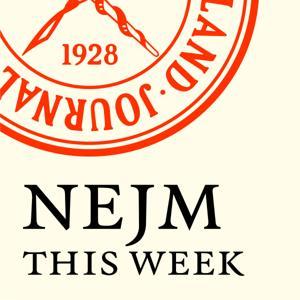Guest:
Professor Matteo Iannacone is Director of the Division of Immunology, Transplantation and Infectious Diseases, Professor of Pathology, and Head of the Dynamics of Immune Responses laboratory at Vita-Salute San Raffaele University. His work centers on understanding the generation of dysfunctional adaptive immune cells in chronic hepatitis B virus infection and developing new strategies to reprogram them into functional cells endowed with potent antiviral activity.
Featured Products and Resources:
Stay up-to-date with the latest in human immunology newsIsolate highly purified immune cells from virtually any sample source with EasySepThe Immunology Science Round Up
The Cells That Keep Immunity in Check – Brenda reviews Dr. Shimon Sakaguchi’s seminal study demonstrating that a population of T cells expressing the IL-2 receptor α chain acts to maintain self-tolerance by suppressing other T cells.
The Gene That Controls Immune Balance – Brenda reviews Dr. Mary Brunkow and Dr. Fred Ramsdell’s work identifying FOXP3 as the gene disrupted in a fatal lymphoproliferation syndrome in the “scurfy” mouse, pointing to FOXP3 as a master regulator of regulatory T cells.
Zap70 and the Treg Cell Repertoire – Age-dependent Zap70 expression regulates negative selection and thymic Treg cell development.
T Cell Exhaustion Driven by Protein Stress – Researchers show that proteotoxic stress, induced by protein aggregation, is not merely a consequence, but a driver of the exhausted T cell state.
Image courtesy of Professor Matteo Iannacone.
Subscribe to our newsletter!
Never miss updates about new episodes.
Subscribe




































